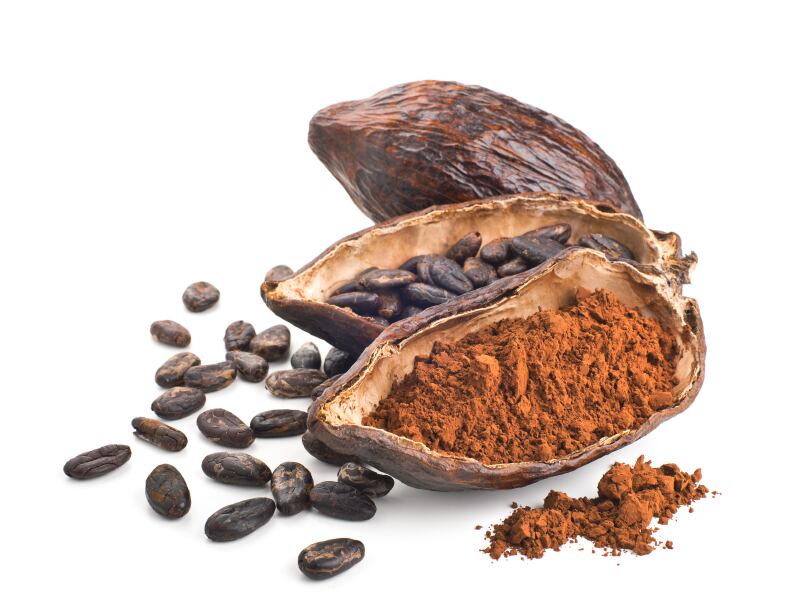The cardiovascular benefits of flavonoids and flavonoid-rich foods have been reported in numerous scientific papers, but the underlying mechanism to explain the potential benefits have remained elusive.
New data published in the Journal of Nutrition indicates that the active metabolites of flavonoids such as protocatechuic acid and isovanillic acid have greater anti-inflammatory activity, with significant activity against soluble vascular cellular adhesion molecule-1 (sVCAM-1).
“The present study supports previous reports that metabolism of flavonoids to phenolic acids alters their anti-inflammatory effects,” wrote the researchers from the Universities of East Anglia, St. Andrews, and Westminster.
“Our data indicate that the degradation of flavonoids to phenolic acids, which is believed to be largely facilitated by microbiota in the colon, increases their overall bioactivity, whereas further conjugation by phase II enzymes may have differential effects on activity.
“Therefore, certain flavonoids consumed in our habitual diet may require prior metabolism before they can exert their maximal effects and metabolites may possess differential bioactivities as they are systematically metabolized and eliminated from the circulation.”
Study details
The UK-based scientists screened 6 flavonoids found in the Western diet, 14 phenolic acid metabolites, and 25 combinations of flavonoids + metabolites and for their effects on sVCAM-1 in human endothelial cells. The cells were stimulated using tumor necrosis factor alpha (TNF-alpha) to produce an inflammatory response.

The results showed that the metabolite protocatechuic acid (PCA) was the most active at a concentration of 1 micromole, inhibiting sVCAM-1 secretion at a level of 17%. Increasing doses of protocatechuic acid-3-sulfate from 1 to 100 micromoles inhibited sVCAM-1 by 15-37%, while increasing isovanillic acid from 10 to 100 micromoles inhibited sVCAM-1 levels 12–55%, said the researchers. Other metabolites to inhibit sVCAM-1 included protocatechuic acid-4-sulfate and isovanillic acid-3-glucuronide.
Interestingly, the inhibitory effects were observed for the single metabolites and mixing them did not produce an additive effect.
“The lack of dietary relevance of contemporary cell culture studies in the field of nutrition is apparent, given the use of precursor structures at supraphysiological concentrations, which may explain why the underlying mechanisms of action are still unknown,” wrote the researchers. “It is interesting that we observed significant inhibition of sVCAM-1 in response to PCA at 1 micromoles, because previous studies have identified serum concentrations of PCA ranging between 0.15 micromoles and 1.5 micromoles, suggesting this effect is achievable through diet.”
The concluded: “[T]he present study provides insight into the activity of conjugated and unconjugated phenolic metabolites of flavonoids, thus contributing to our understanding of how these dietary phytochemicals influence cardiovascular health.”
Source: Journal of Nutrition
Published online ahead of print, doi:10.3945/jn.115.217943
“Common Phenolic Metabolites of Flavonoids, but Not Their Unmetabolized Precursors, Reduce the Secretion of Vascular Cellular Adhesion Molecules by Human Endothelial Cells”
Authors: E.F. Warner, et al.
